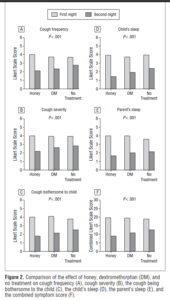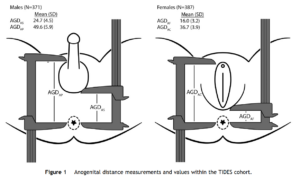First reed the original article in Nature. (Alternativ download)
It is a sensible article but consider:
“In the meantime, ethnicity or race may in some cases provide useful information in biomedical contexts, just as other categories, such as gender or age, do. But the potential usefulness of race must be balanced against potential hazards. Ignorance of the shared nature of population variation can lead to diagnostic errors (e.g., the failure to diagnose sickle-cell disease in a European individual or cystic fibrosis in an Asian individual) or to inappropriate treatment or drug prescription. The general public, including policy-makers, are easily seduced by typological thinking, and so they must be made aware of the genetic data that help to prove it wrong.“
They point out that if one thinks that sickle-cell disees only affects africans, this might caus one to fail to recognize the disees in a non-african (say, a european). That may be so, but noledg about the frequency of that disees will also help to correctly diagnose peeple wen used correctly. Universal claims like “Sickle cell anemia only affects africans.” ar dangerous wen incorrect, but statistical information like “The base rate of sickle cell anemia in europeans is N.” can be very useful in diagnostication. The reeson for that is that humans (including medical doctors) tend to make base rate fallacys1, but noing the base rate of somthing helps one make a correct judgment using Bayes’ theorem.
Notes
1See David M. Buss (ed.) – The Handbook of Evolutionary Psychology, chapter 27.

